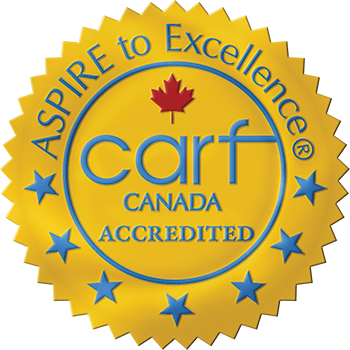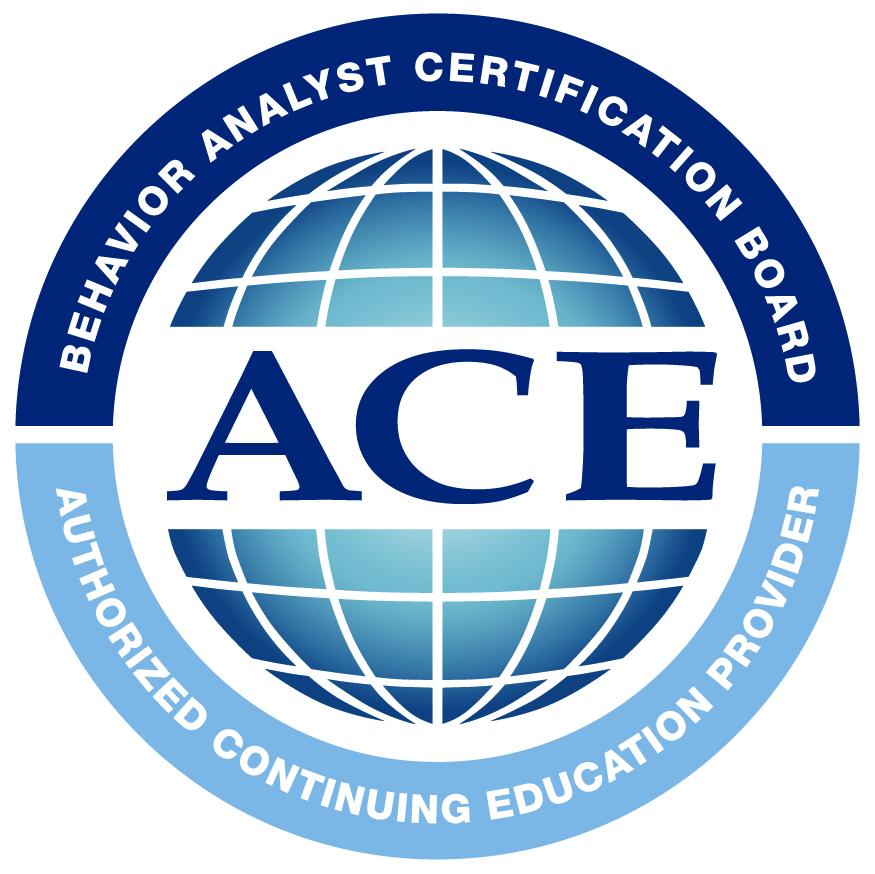‘I really feel like I have a structure/foundation inserted under the work that I’m doing’
Natalie Hamilton
Hemant Kulkarni returned to his workplace Tuesday with a richer knowledge of the history and a glimpse into the future of the community living moment.
The opportunity to discuss important topics and broaden his understanding of the issues impacting people who have an intellectual disability were two key take-aways for Hemant, team leader with posAbilities’ children’s life skills programs.
Hemant attended a workshop series presented by The Centre for Inclusion and Citizenship, a partnership between the UBC School of Social Work. The series, made possible with support from community living organizations and others seeking to further promote inclusion and full citizenship of people who have an intellectual disability, featured four day-long sessions.
“I learned quite a bit,” Hemant says.
“It had great flow and I really feel like I have a structure/foundation inserted under the work that I’m doing. I like basing my work on research and best practices.”
He attended the entire workshop series, which encompassed the following topics: understanding our past, creating community, securing our rights and defining our future. “I was interested in seeing the continuity,” Hemant says. “The way the series was book-ended was really appropriate.”
“Attending the first session really opened my eyes to the historical events and details I had no idea about it.”
He also enjoyed the closing session Feb. 25 that focused on where the community living movement is headed in the next 10, 15 and even 20 years.
The closing session explored what key government policy changes are necessary and also encompassed a component about creating natural community connections for people who have a developmental disability. “Community connections and building relationships is a major theme of our sector and movement,” Hemant says.
Looking ahead, Hemant says sessions like these are important because they foster a deeper understanding that helps in the day-to-day interactions at work.
“In community living, unlike a lot of social service-related sectors, we don’t necessarily have a body of academic discourse that underpins what we do. There’s something to be said to have the history of the movement coalesce into one body.”
If you have feedback on this article, e-mail natalie(at)axiomnews.ca or call Axiom News at 705-741-4421.










